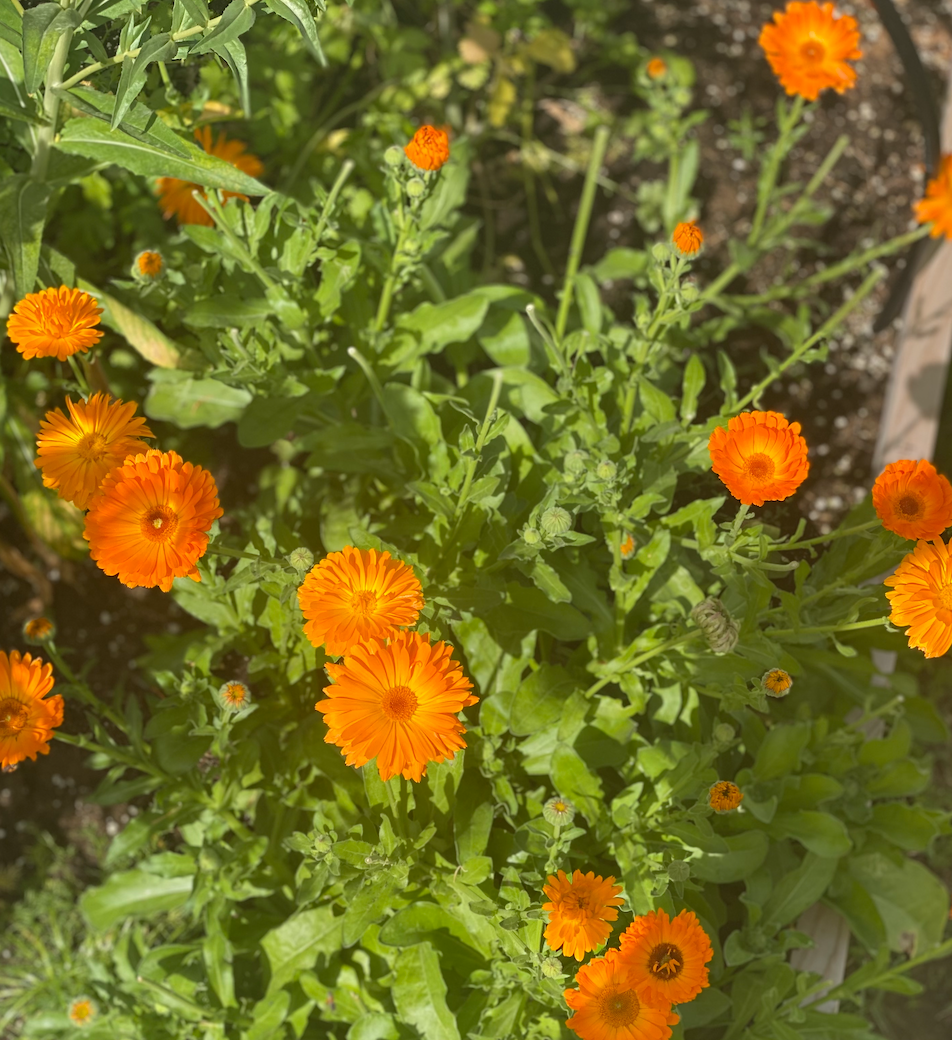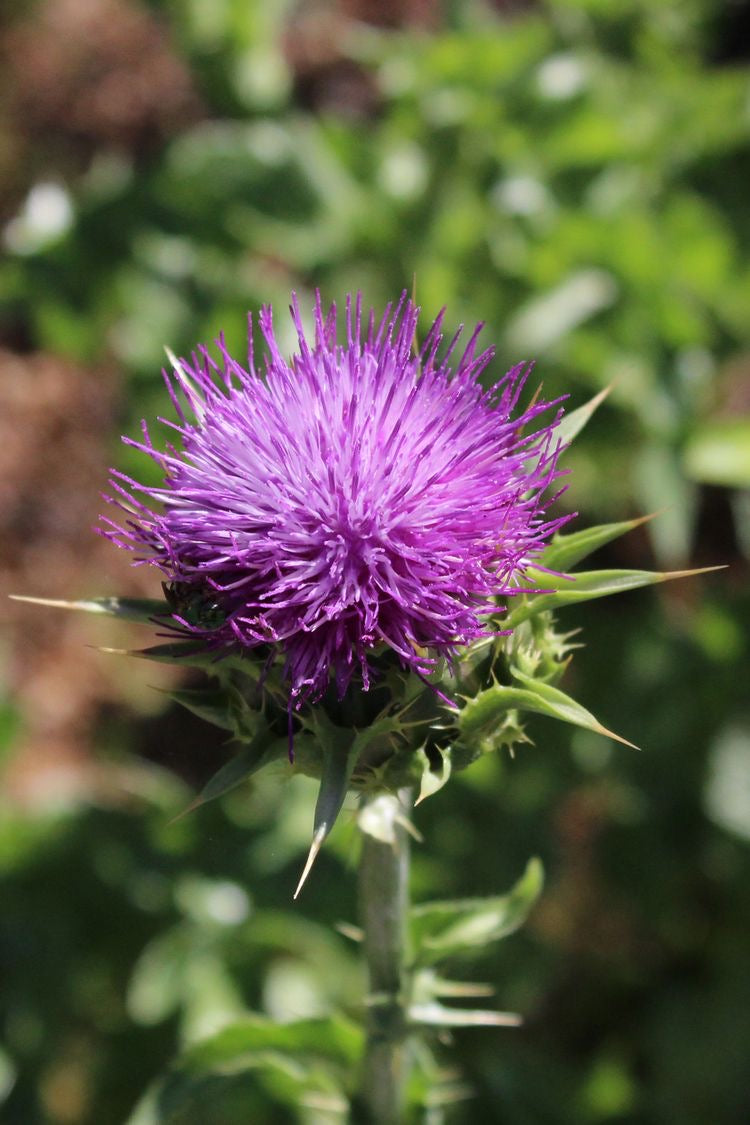Herbs have been used for centuries in traditional medicine to promote health and well-being. They are often regarded as natural remedies that can help alleviate various health conditions.
However, it is a common misconception that herbs are "anti" something, meaning they are only effective in fighting or preventing a specific health condition eg. "anti-inflammatory". In reality, herbs are not "anti" anything, but rather pro-vitality. They work by promoting the body's natural ability to heal and maintain a healthy balance, rather than simply targeting specific symptoms or conditions. They actually help body systems back into balance, rather than “fighting” anything.
Herbs are rich in various compounds such as vitamins, minerals, antioxidants, and phytochemicals that have numerous health benefits. They can help to strengthen/modulate the immune system, modulate inflammation, improve digestion, boost energy levels, and support healthy organ function. Certain herbs also have a positive impact on mental health by reducing stress and anxiety, promoting relaxation, and improving cognitive function.
One of the key reasons why herbs are not "anti" anything is because they work in synergy with the body's natural healing mechanisms. Rather than suppressing symptoms, they support the body's natural ability to fight off infections and heal itself. For example, herbs such as echinacea and garlic have been shown to modulate the immune system, making it more effective in fighting off infections.
Similarly, herbs such as turmeric, ginger, and boswellia have inflammation modulating properties that can help alleviate pain and inflammation in the body. However, rather than simply masking the symptoms, these herbs work by targeting the underlying cause of the inflammation, which could be due to poor diet, lack of exercise, or chronic stress.
Herbs can also help to support healthy organ function, such as the liver and kidneys. These organs are responsible for filtering toxins and waste products from the body. Herbs such as milk thistle and dandelion root have been shown to support liver function and improve detoxification, while herbs such as nettle leaf and parsley can help to support healthy kidney function.
In addition, herbs are often used as part of a holistic approach to health, which focuses on promoting overall well-being rather than simply treating specific symptoms or conditions. Naturopathy recognizes that the body, mind, and spirit are all interconnected and that promoting health in one area can have a positive impact on other areas.
For example, herbs such as chamomile and passionflower are commonly used to promote relaxation and improve sleep quality. This, in turn, can have a positive impact on mental health, reducing stress and anxiety and promoting overall well-being.
As part of a naturopathic and holistic approach to health, herbs can help to promote overall well-being and vitality.





